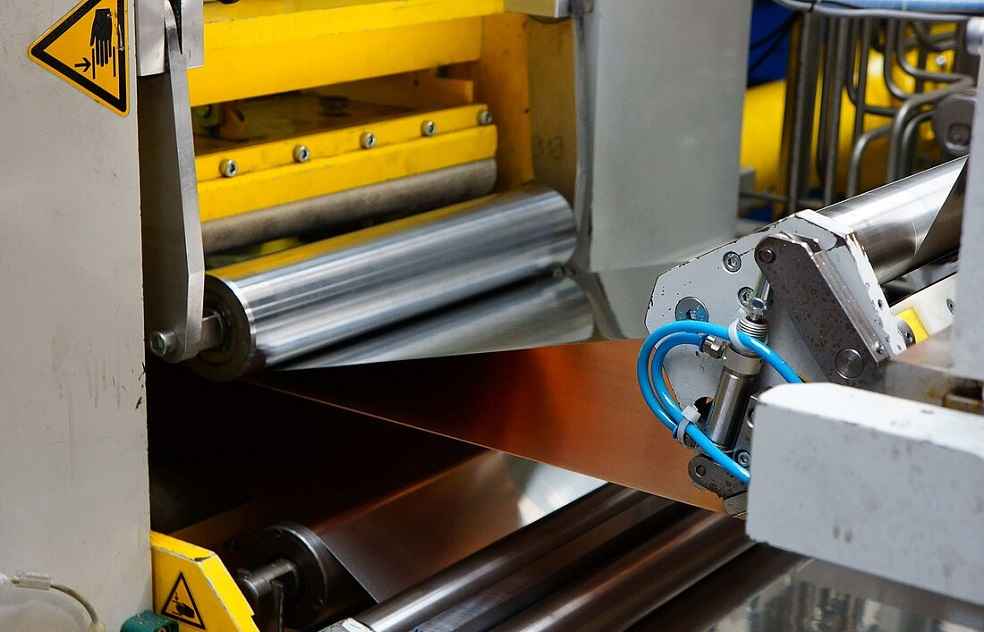In a decisive enhancement of economic sanctions against Russia, the United Kingdom and the United States have declared new initiatives aimed at stifling Russian revenues from metal exports, a primary source of Kremlin’s military financing. These measures integrate the world’s leading metal exchanges—the London Metal Exchange (LME) and the Chicago Mercantile Exchange (CME)—into the ambit of extant prohibitions, effectively ceasing the trade of newly produced Russian aluminium, copper, and nickel on these platforms.
As Russia’s second-largest export commodity after energy, metals experienced a marked devaluation since the initiation of Russia’s military engagements in Ukraine. The valuation of Russian metal exports decreased from $25 billion in 2022 to $15 billion in 2023, a reduction propelled by the concerted efforts of the G7 nations and their allies. The recent actions are anticipated to further constrict the already contracting Russian metal trade, delivering a significant blow to President Vladimir Putin’s warfare funding mechanisms.
UK Chancellor of the Exchequer Jeremy Hunt emphasized the strategic significance of international collaboration in these sanctions, stating, “Disabling Putin’s capacity to wage his illegal war in Ukraine is better achieved when we act alongside our allies. Thanks to Britain’s leadership in this area, our decisive action with the U.S. to jointly ban Russian metals from the two largest exchanges will prevent the Kremlin funnelling more cash into its war machine.”

U.S. Secretary of the Treasury Janet L. Yellen underscored the precise nature of the new prohibitions, designed to curtail Russia’s revenue streams while safeguarding economic partners from adverse spillover effects. “Our new prohibitions on key metals, in coordination with our partners in the United Kingdom, will continue to target the revenue Russia can earn to continue its brutal war against Ukraine,” Yellen remarked.
This policy, borne from dialogues between the two nations, strives to maximize the impact of the sanctions while navigating the complexities inherent in such a technical and market-sensitive sphere. This includes guaranteeing the effectiveness of the measures and minimizing risks of market disruptions.
Both metal exchanges occupy a central role in global industrial metal trade, with warehouses worldwide and the authority to set benchmark prices for base metals. To protect market stability, existing stocks of Russian metals already within the system will continue to be traded and withdrawn.

This enhancement of the UK’s pre-existing ban on Russian metals aligns with broader strategies to support Ukraine following Russia’s comprehensive invasion. Described as the most severe ever imposed on a major economy, the UK’s sanctions regime includes restrictions on Russian oil, gas, gold, diamonds, iron, steel, and now, base metals.
Sanctions Minister Anne-Marie Trevelyan articulated the strategic intent behind the day’s actions: “Today’s action ratches up economic pressure on Putin, further depriving him of the key resources and revenue streams he needs to fund his illegal war in Ukraine.”
IMEX SECTOR | China Expands Namibian Imports, Strengthening Economic Ties and Boosting Trade



